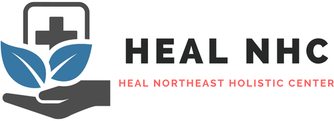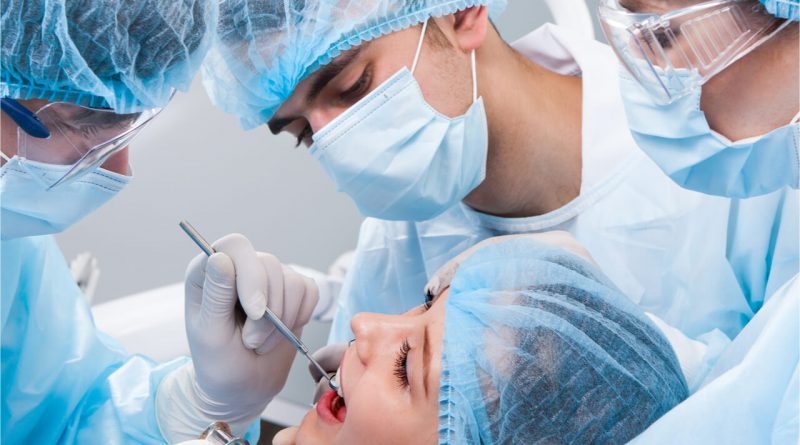Oral Surgery Recovery: How To Make The Healing Process Faster?
Recovering from any kind of surgery is a little challenging for everyone. Oftentimes, you will not be able to do your usual tasks right after the procedure. The same thing goes with oral surgery recovery, you will need a few days of rest. Pain medications will also be prescribed together with after-care instructions. The healing time of a tooth implant lasts from six to eight months, but it could take longer depending on the implant itself and your body’s healing capability. If you still feel some symptoms after a few weeks, you should visit the nearest medical clinic to get an expert opinion.
What To Do After Oral Surgery
After the procedure, your dentist will most likely give you a list of things that you can and cannot do while you are in the healing process. Be sure to follow the instructions to avoid complications:
- Take plenty of rest. Take it easy and consider a few days off from work. Spend at least a day or 2 resting completely. When lying down in bed, add 1 more pillow for your head to rest on. This will promote regular blood flow and helps in reducing the swelling in your mouth and face.
 Apply ice. The oral surgery will leave your face swollen and packed with bruises. For speedy recovery, apply ice to your face every 15 minutes until the swelling subsides. Do this frequently and the swelling will be reduced in 1 or 2 days.
Apply ice. The oral surgery will leave your face swollen and packed with bruises. For speedy recovery, apply ice to your face every 15 minutes until the swelling subsides. Do this frequently and the swelling will be reduced in 1 or 2 days.- Manage the bleeding. The treated area will most likely bleed after the surgery. Do not neglect the situation and manage it immediately. Bite on a folded gauze to slow down the blood a day after the surgery. If the bleeding persists, call your dentist right away.
- Take the pain medications according to the prescription. To make the healing process more bearable, dentists recommend anti-inflammatory medicines to alleviate pain. Be sure to take them on time and according to instructions.
- Eat soft foods only. You may only eat cold and soft foods for the next two days following the surgery. This is to avoid putting force and pressure on the treated area and prevent excessive bleeding.
- Observe yourself. Some people tend to show signs of infection early on. If you are having a high fever, have trouble swallowing and breathing, consult your dentist immediately. This could also indicate an allergic reaction toward the anesthetics used on you.
- Keep your mouth clean. Despite the swelling and pain, brushing and flossing your teeth should still be your priority. Brush your teeth gently, and if possible avoid the treated area for 24 hours.
- Visit your dentist. Do not forget your follow-up appointment with the office. This is to make sure that you are healing well.
- Eat foods that are rich in vitamins. Make your healing process faster by eating foods rich in Vitamins A and C. These nutrients greatly contribute to a speedy recovery.
Things To Avoid
Overall, you need to avoid all the things that your emergency dentist in Canberra at Definitive Dental instructed you not to do. Some activities could cause stress to the treated area and might affect the recovery. The following are common things that you need to avoid during the healing process:
- Do not overdo things. After the surgery, exercising and doing extreme physical activities should be avoided. Before getting physically active, be sure that you fully recovered and well-rested. Do not lift heavy objects for a few days as well. Doing so will increase the flow of the blood that might affect the blood clot.
- Avoid hot foods and drinks. Do not eat such food and beverages until the anesthesia wears off. You might get a burned tongue or gums and you wouldn’t want to add more pain to your swollen mouth, won’t you?
- Stay away from hard and crunchy foods. Hard foods like candies and popcorn could severely add more damage to the treatment area so avoid these foods for at least a week.
- Do not brush harshly. Rough brushing your teeth will cause damages to the gums which could lead to bleeding.
- Avoid smoking for a day. The components of cigarettes have a huge impact on the healing time so try to avoid smoking before and after the surgery. Better yet, quit smoking to improve your health.
- Don’t drink alcohol for 24 hours. Just like smoking, drinking alcoholic beverages can hinder your recovery.
The best way to heal quickly is by strictly adhering to your dentist’s instructions.
Complications After Oral Surgery
While the risks and complications following an oral surgery are commonly not serious, it’s still better to know the possible issues that you might face. It would also help to know the preventative measures in order to avoid these things.
Listed below are the common complications that arise after oral surgery:
 Severe bleeding accompanied by pain and swelling. Bleeding, swelling, and pain common after-effects of oral surgery. The symptoms should subside in a few days, if not, give your dentist a call.
Severe bleeding accompanied by pain and swelling. Bleeding, swelling, and pain common after-effects of oral surgery. The symptoms should subside in a few days, if not, give your dentist a call.- Dry socket. Dry socket usually occurs 2 to 3 days after the surgery. It commonly takes place due to negligence and disregarding the post-operative instructions. Heavy smokers are more at risk of dry sockets compared to those who do not smoke. Immediate medical attention is needed as this might cause infection and serious complications.
- Infection. Infection after the surgery occurs due to many reasons. If you feel extreme pain, high fever, and swelling, the treated site is most likely infected. Moreover, You will also experience fatigue and a heavy feeling if you have an infection. Let your dentist know your symptoms for early treatment.
- Nerve injury. Nerve injuries occur while the procedure is ongoing. It happens if a dental nerve gets damaged during the operation.
If you are experiencing any of these symptoms, do not hesitate to contact your dentist and ask for help. Some complications could lead to a more serious condition that might have significant effects on your dental health.

